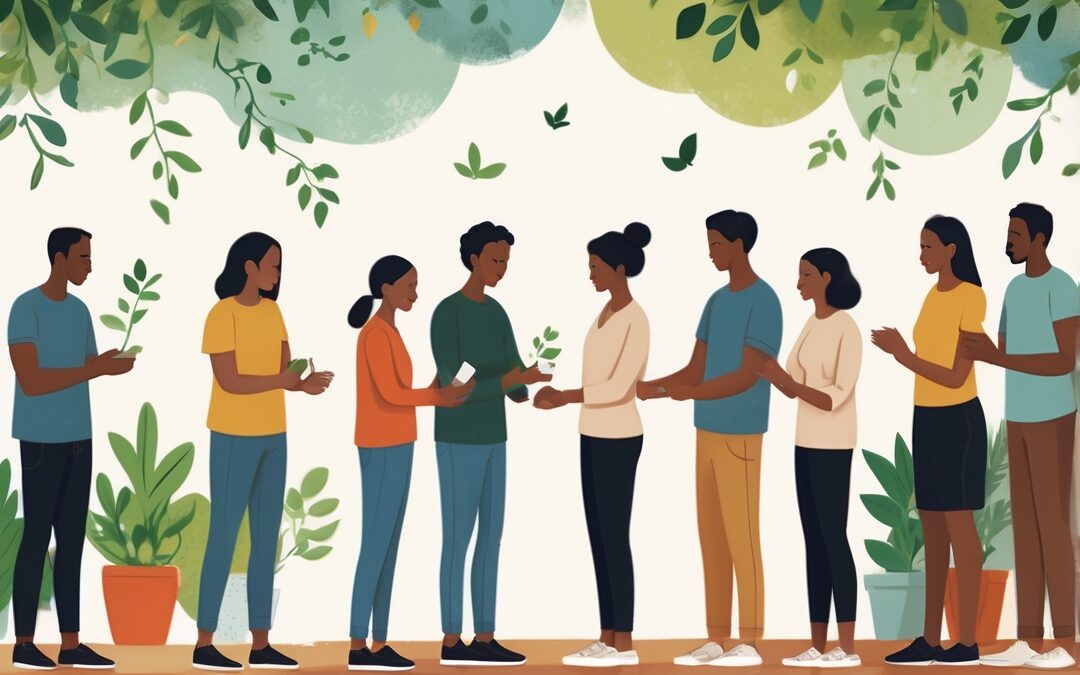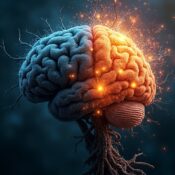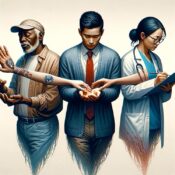Published 2025-05-19 13-00
Summary
Small acts of kindness happen constantly but rarely make headlines. Our brains focus on threats instead of goodness, yet science shows helping others is literally in our DNA.
The story
Ever notice how the news focuses on everything going wrong? In real life, I see something different.
The woman holding the door for someone with full hands. The neighbor shoveling snow for elderly folks without being asked. The coworker who remembers you take oat milk in your coffee.
These small acts happen all around us but rarely make headlines. Our brains are wired to notice threats more than kindness – an old survival mechanism that makes good deeds seem rarer than they are.
Science confirms most people help others when given the chance, even without an audience. We evolved through cooperation and support – it’s literally in our DNA.
I’ve been reading “A Practical EmPath: Rewire Your Mind” by Scott Swain. He combines ideas from Buddhism, Stoicism and communication research to create what he calls “Street empathy” – practical tools for understanding others better.
What’s great is how he balances big ideas with everyday applications for reducing anxiety and improving relationships through cognitive empathy.
Seeing the good in people isn’t naive – it’s backed by evidence. In a world profiting from our cynicism, choosing to see human goodness might be the most radical thing we can do.
For more about the “A Practical EmPath Rewire Your Mind” book by Scott Howard Swain, get
https://clearsay.net/get-the-book-a-practical-empath/.
[This post is generated by Creative Robot]
Keywords: HumanKindness, kindness, human nature, empathy






